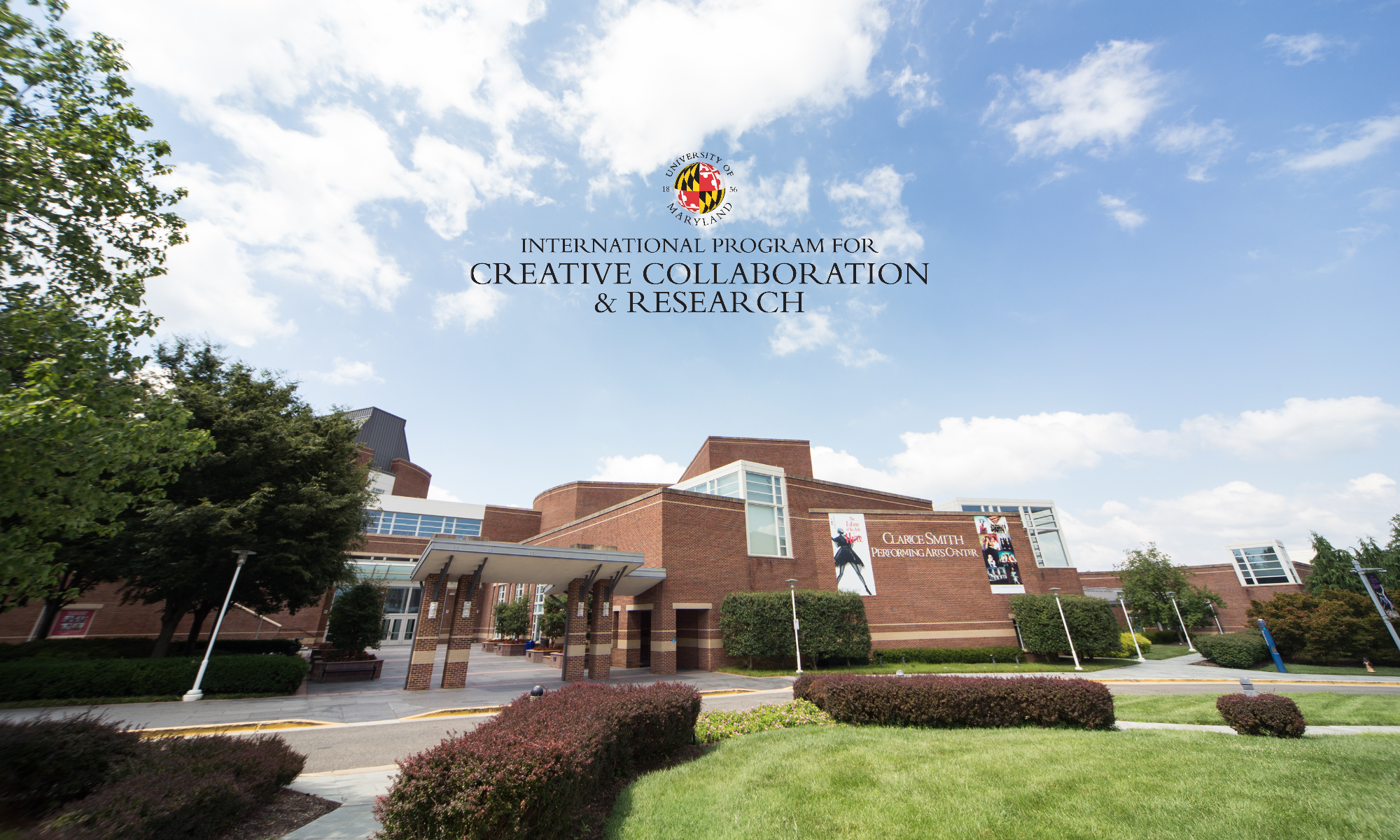The History and the Artwork

Panel A.
May 15, 1615, Isabella Clara Eugenia shoots the pop-in-jay before the members of the Crossbowmen’s Guild at the ceremony of the Grand Oath, in the Great Sablon market square of upper Brussels.
For this achievement she was made honorary Queen of the May 31 Ommegang.
Panel 1.

Parade is on the City Hall side of the Grand Place in Brussels, moving away from the viewer.
Panel 2a and 2b.


Original Van Alsloot painting, cut in two in the 19th century. The parade is now marching in front of the Kings House, (City Museum) on the opposite side of the Grand Place from the background shown in panel 1. Beginning of parade section is in left foreground.
This section of the parade seems to have entered from the upper right, at Rue de la Colline. This would be the opposite corner from where the previous group entered.
Panel 2c.

Van Alsloots original paintings were sent to Spain. Antoon Sallaert, who seems to have been one of the studio artists who worked for Van Alsloot on the eight original paintings, was commissioned to make copies to remain in Brussels. This 17th century copy is not an exact duplicate as some figures, like that of St. Christopher (large figure in yellow in upper left), have been more clearly defined. But it does show what is missing, like the hell mouth in the upper right, from the cut down original now in the V&A.
Panel 3.
[NO IMAGE]
No copy is known to exist; apparently depicted the Archduchess and Archduke Albert attending the event.
Panel 4.

This snapshot showing the folklore portion of the parade as it passes the north side of the Town Hall 0n the Rue de la Tete
Panel 5.

Parade is moving towards the viewer.
This snapshot of the parade as it travels from the Great Sablon market, past the Manneken Pis fountain, onward towards the Grand Place. The tower in the upper left is the City Hall tower.
Image shows the Rue du Chene (right) which becomes the Rue des Grands Carmes (left) as it crosses the intersection with the Rue l’Etuve where the Mannenken Pis is located. To create this image nearly two city blocks of buildings on the south side of the street have been artistically removed. One block to the left the parade turns right onto the Rue de Midi, then takes a slight right onto Rue du Marche au Charbon which turns into the Rue de la Tete d’or.
Panel 6.

The parade is in the Grand Sablon, moving away from the viewer.
The famous stature of the Virgin Mary was marched out of the church into the Great Sablon market square on its way to the Grand Place in central Brussels.
Route: down Rollbeek street, right on the Bd de l’ Emperor street through the Steenpoort gate of the inner fortification wall (Neer the Anneessens Tower ), left onto L’Escalier Trap then slight left onto Rue du Chene towards the Mannenken Pis.
Panel Z.

The Feast at the Vivier d’Oye lake (south of Brussels in the Soignies Forest), in the presence of the Archduchess and Archduke Albert.




